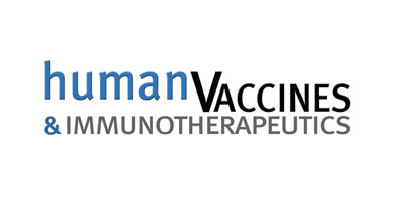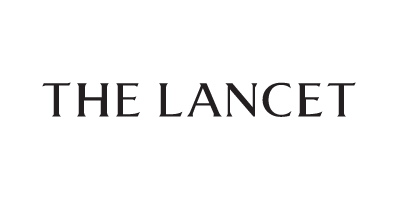
by admin | Nov 15, 2023 | Events
15-16 November 2023 | Organizer: Human Immunome Project, hosted by the Caixa Research Institute
The Human Immunome Project (HIP) presented its comprehensive scientific research plan at the Human Immunome Project Into Action Conference in Barcelona. This ambitious plan, aimed at creating the most extensive immunology dataset in history, facilitated discussion on key areas, such as global data collection, diversity and equity, and emphasized the pivotal role of AI in data analysis.
Dr Shirin Heidari, participated in this meeting in Barcelona, reinforcing the importance of the initiative, and in particular drew attention to consideration of sex and gender, and other diversity dimensions in data collection and analysis from the onset, in particular in light of their critical role in informing AI algorithms and models, to ensure greater accuracy, safety, efficiency and minimizing bias. The meeting emphasized the need to collaborate with existing expertise, form partnerships with organizations experienced in relevant areas, and engage with a diverse range of stakeholders globally.
Read more here.
Watch the event here.
Read the citation in The Atlantic here.
by admin | Nov 9, 2023 | Events
In collaboration with the University of Westminster, GENDRO president, Dr Shirin Heidari, delivered a lecture on gender mainstreaming in international organizations to students in the International Relations Program at the University of Westminster in London, United Kingdom.
by admin | Oct 6, 2023 | Events
6 October 2023 | Organizer: GenPORT and affiliated partners
GENDRO participated in Policy Workshop: Institutional ambitions and approaches to advancing equality, diversity and inclusion in research and innovation (EDI) as part of the INSPIRE Conference in Budapest, Hungary. The INSPIRE Conference brought together over 70 global thought leaders featuring dynamic discussions, including insights on intersectional policy, critical perspectives on sexism-racism in higher education, and an exploration of GEPs through an intersectional lens. As Europe’s Centre of Excellence on inclusive gender equality in research and innovation, INSPIRE serves as a platform for knowledge exchange and innovative policies. The policy workshop discussed the advancement of an ecosystem perspective on EDI; supporting pioneering actions by science institutions on implementing EDI goals in R&I; and policy recommendations for the next EU GE Strategy. The president of GENDRO conveyed insights gained from the development and widespread adoption of the SAGER guidelines as a notable illustration of endeavors aimed at instigating systemic changes within the research ecosystem, with a focus on fostering increased equality and diversity in science.
Event website: INSPIRE Conference 2023: Pioneering Inclusive Gender Equality in R&I
by admin | Oct 4, 2023 | Events
In partnership with the IAS, GENDRO supported the IAS Mentorship Programme, offering a session on how to consider sex and gender considerations in HIV research, policy, and advocacy.
Event website: IAS Mentorship Programmes

by admin | Oct 3, 2023 | Publications
Shirin Heidari, Els Torreele, Ahmet Metin Gülmezoglu, Sharifah Sekalala, Naomi Burke-Shyne, Gabrielle Landry Chappuis
The Lancet – October 03, 2023
From HIV and influenza, to Zika virus, Ebola virus disease, and most recently COVID-19, the gender implications of disease outbreaks and the detrimental effects of a lack of a gender lens in the way governments and societies respond to large-scale and contained epidemics are well documented. Pandemics create differential vulnerabilities with particular negative implications for women in all their diversities and their health, and further exacerbate long-existing, deep-rooted gender inequalities and social injustices, more severely disadvantaging women in low-income and middleincome countries, women in marginalised communities, and women who are criminalised.
Continue reading


